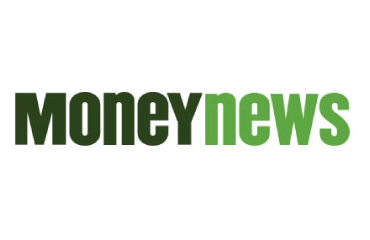At MoneyNews: “Seismic Shifts in Central Bank Activity”
Dramatic actions by typically tranquil central banks have created tremors throughout the global economy, predicting shaky times ahead.
Central bankers are not elected policymakers. They usually take their cue from the fiscal policies of the elected government.
So dramatic action on their part is one of last resort, when politicians and their policies have failed the task of fixing their economies and desperate central banks have to take matters into their own hands.
The financial crisis and resulting Great Recession has led to a seismic shift in central bank activity. Nations saw two stark choices: stimulus or austerity. The U.S. and U.K. chose stimulus, and after several rounds of unprecedented magnitude, their economies are recovering modestly. Other countries’ stimuli have been more modest with even less positive impact, like in China.
Europe, under the leadership of Germany, chose austerity and their economies have stalled or worse.
But the global economy is slowing again, causing frantic central bankers to redouble their efforts. Recent central bank actions have all but abandoned measured stimulus and austerity and go “all-in” for massive monetary stimulus. All this intervention is unprecedented and historic.
Starting the domino effect was the Swiss shocking markets with a deep unexpected rate cut to a negative 0.75 percent days before the European Central Bank (ECB) announced a Federal Reserve-like massive quantitative easing program to print 1.1 trillion euros in the next 19 months.
The ECB joined Japan’s efforts to print previously unthinkable amounts of money, Denmark took its negative interest rates lower and even stable Canada surprised investors by cutting their rate. China continues its race to the bottom with escalating stimulus and lowering growth targets.
An unintended consequence of these radical actions has been extremely volatile currencies. The global economy rests on a foundation of orderly and stable currency exchange rates. The Swiss franc jumped to record highs, while the euro tumbled. The U.S. dollar has strengthened to new highs.
The only currency that is not directly manipulated by sovereign governments is gold, which is the second best-performing currency this year.
While desperate times call for desperate measures, the larger question is whether the slowing global economy is just an aftershock from the financial crisis and Great Recession or whether the financial crisis and Great Recession was a harbinger of “The Big One.”
Originally posted on MoneyNews.com
Tags: Economics
Categorised in: News
